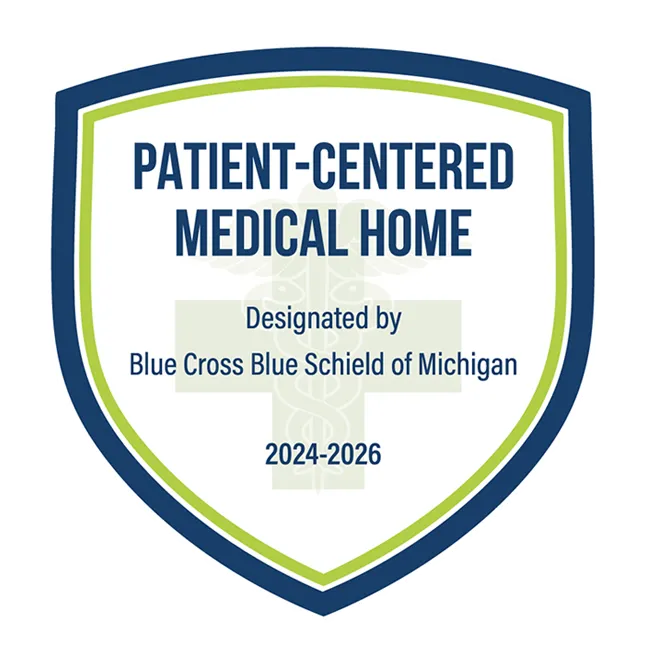


An STD is a disease that spreads via sexual contact – oral, vaginal, or anal. In the United States alone, every year, over 20 million cases of STDs are reported. April is STD Awareness Month, and it’s the best time for people to learn some facts about the most common STI. In this blog, we will go over the most common STDs, how to avoid them, and how to safeguard their sexual health.
Over 14 million cases of Genital Human Papillomavirus (GHP) are detected in the US each year, making it the most common STI. There are over 40 types of Human Papillomavirus, which can spread through oral, vaginal, or anal sex or skin contact. While most HPV cases cause no symptoms or harm and wear off on their own, some HPV types may lead to critical health concerns such as genital warts, mouth and throat infections, and cancer of the penis or cervix.
Chlamydia is a bacterial infection affecting the penile urethra in males and the cervix in females and is the second most commonly occurring sexually transmitted disease in the US. The most common symptoms include discharge from the vagina or penis and a burning sensation during urination or during sexual intercourse. Being a bacterial infection, Chlamydia can be successfully treated with antibiotics. Untreated Chlamydia can cause several health issues, including infertility.
This STD is more common among women. Trichomoniasis is a sexually transmitted infection caused by a parasite and spreads through penis-vagina contact. While most people do not get symptoms, some may experience burning, itching, painful genitals, or discharge from the penis or vagina. Trichomoniasis can be cured with antibiotics.
Syphilis is yet another bacterial infection, with the main symptom being sores that can appear on the mouth or genitals. After sores, skin rashes may begin to appear, gradually spreading all over the body. If left untreated, Syphilis can result in critical health issues, including paralysis, brain damage, dementia, or blindness.
Gonorrhea causes symptoms similar to those of Chlamydia, such as painful urination and green, yellow, or white discharge from the vagina or penis. It occurs when the bacteria infect a woman’s reproductive tract lining. It can also develop in the urethra, mouth, eyes, and anus of men and women. Gonorrhea infects the throat when passed via oral sex and may even lead to infertility in men and women when left untreated. It can be cured with antibiotics.
There are many strains of Herpes, but the two most common strains are HSV-1 and HSV-2. Besides sexual contact, it can also spread from the infected person via skin contact. The main symptom is painful sores or blisters around the genitals. Since it’s a virus, it cannot be cured. However, medications can help to manage the outbreaks.
HIV is the virus responsible for AIDS. It is transmitted through semen, blood, breast milk, and vaginal fluids and attacks the body’s immune system. Although there is no cure for HIV-AIDS, its symptoms can be managed with a combination of drugs and treatment therapies. If you are looking for high-quality and affordable treatment options for your medical condition, visit our experienced professionals today at MI Express Care.




